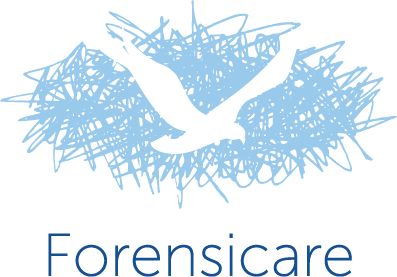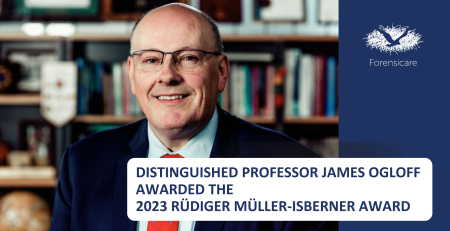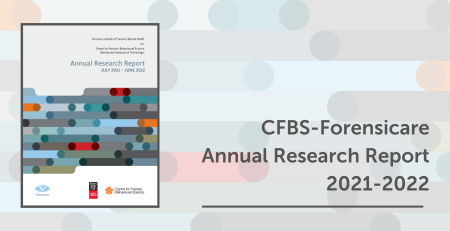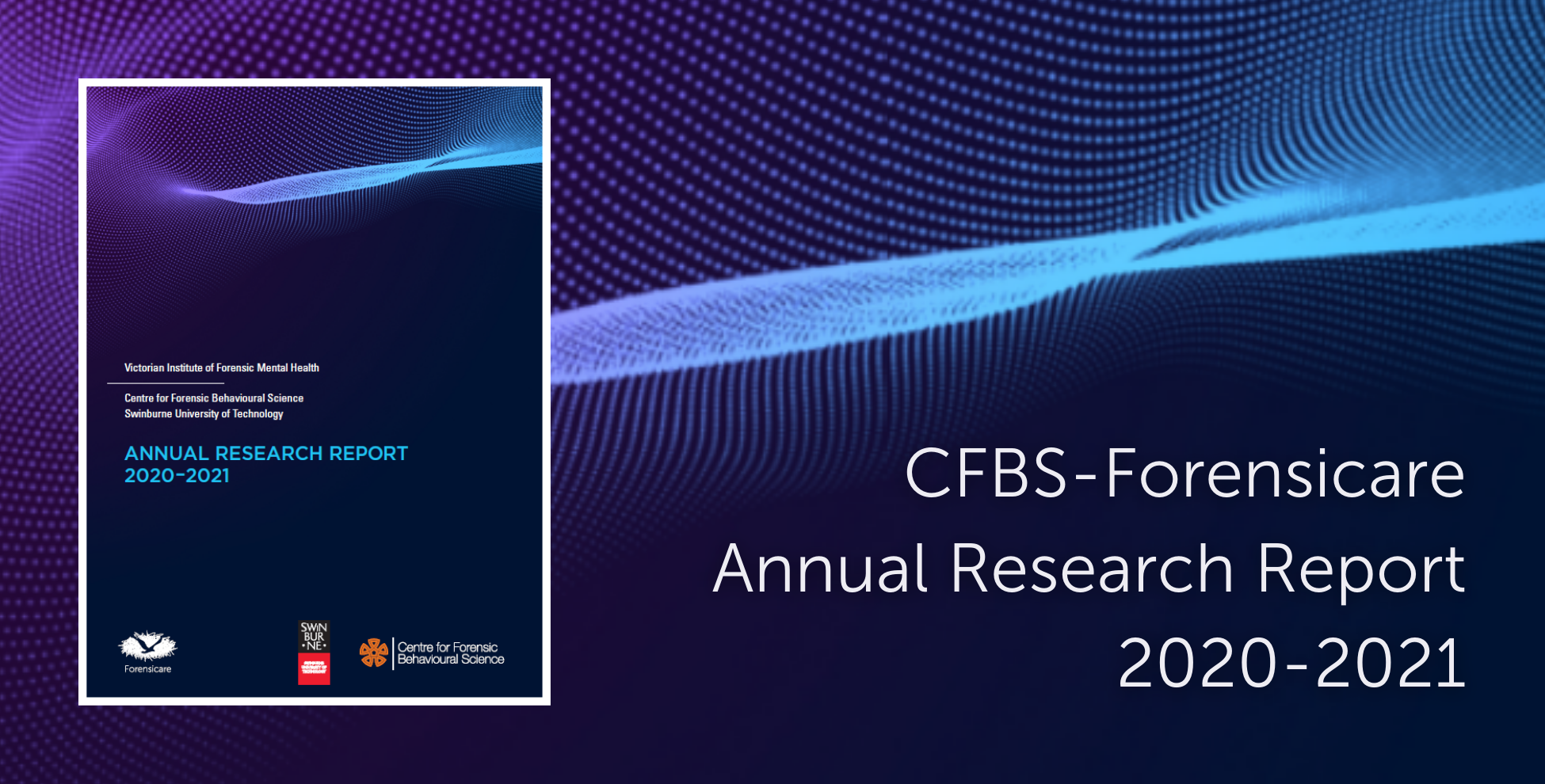Dr. Nina Papalia secures funding to understand impact of child maltreatment on future re-victimisation and offending.
Dr Nina Papalia – a senior research fellow and Fulbright scholar with the Centre for Forensic Behavioural Science – has been awarded a Discovery Early Career Research Award (DECRA) fellowship to examine the impact of experiences of abuse, neglect, and exposure to domestic violence in childhood on future criminal justice system involvement.
The DECRA scheme is an Australian Research Council initiative aimed at supporting early career researchers to conduct research across a range of national priority areas.
Dr Papalia’s study is expected to provide new evidence about how maltreatment in childhood is linked to youth re-victimisation and offending. It will also look at factors that can protect young people from the harmful effects of these experiences, as well as those that may exacerbate them.
“I’m hugely grateful to have received this award, which would not have been possible without the support of CFBS colleagues,” Dr Papalia said.
“My hope is that the work will provide cues to orient more targeted initiatives to better prevent re-victimisation and offending in at-risk children, at the earliest possible point in the life-course. It also offers an important opportunity to inform the proposed expansion of child and adolescent forensic mental health services in Victoria.”
Understanding the impact of child maltreatment on re-victimisation and future offending
Child maltreatment is a significant issue in Australia. Approximately 170,000 children receive child protective services per year due to concerns they have suffered or were at risk of, abuse or neglect. Nearly 2.1 million Australian adults say they witnessed domestic violence between caregivers before age 15 years.
This maltreatment in childhood is clearly linked to many negative health, social, psychological, and behavioural outcomes that can undermine a person’s healthy development over their lifespan.
Future victimisation and offending are two of the most concerning and costly potential flow-on effects of maltreatment. Children who have experienced maltreatment are more likely to be victims or perpetrators of offending and violence in their youth, and this pattern can extend into adulthood and contribute to an intergenerational cycle.
Dr Papalia said that reducing child maltreatment and its adverse legal consequences is an urgent policy issue.
“There is enormous potential to interrupt intergenerational patterns of violence and offending in our community,” Dr Papalia said.
“This project will provide new evidence to inform policy and assist services to better protect at-risk children and support them to navigate adolescence without becoming entrenched in the justice system.”















